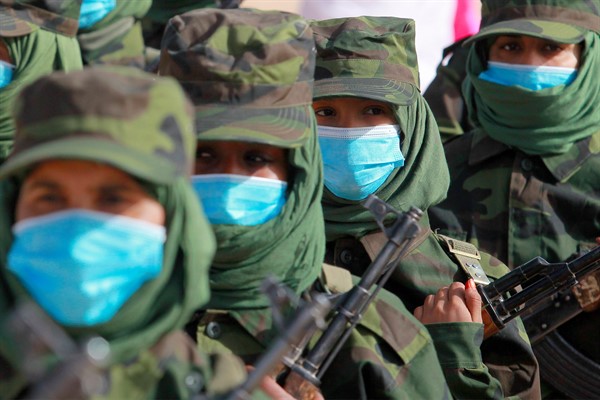Three months after former U.S. President Donald Trump’s startling decision to recognize Moroccan sovereignty over Western Sahara, President Joe Biden’s own policy regarding this long-disputed territory remains undefined. Yet he may be forced into action soon, as there are signs the conflict is heating up: Renewed fighting between Moroccan forces and the pro-independence Polisario Front broke out in November, ending a 30-year cease-fire.
Washington seems to be in no hurry, given that the fighting is so far low in intensity. U.N. sources say they have so far only confirmed the deaths of two Moroccan soldiers, though neither side acknowledges any casualties. But the possibility of a substantial military escalation cannot be dismissed. The United States should thus pay fresh attention to this coastal desert territory, using its clout to press for the long-delayed appointment of a new United Nations special envoy, revive political talks and push both sides to reinstate the broken cease-fire.
For several years, Western Sahara has sat on the margins of U.S. foreign policy. The conflict pits a staunch U.S. ally, Morocco, against the Polisario, a liberation movement with shrinking international support. Its roots date back to 1975, when Spain withdrew from its Western Sahara colony and Morocco moved to annex it. Yet from the beginning, Rabat had to contend with armed resistance from the Polisario, supported by neighboring Algeria, which also hosts at least 173,000 refugees from Western Sahara.

